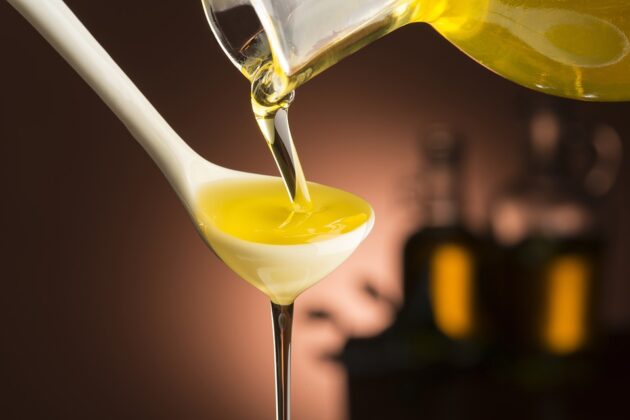Moroccans online are calling for the renewal of the boycott campaign against all cooking companies to protest against the recent rise in the price of essential products.
Rabat – The Professional Association of Oil Manufacturers in Morocco joined Lesieur-Cristal to blame the increased prices of agricultural products for the rise of Moroccan cooking oil prices.
Moroccans were stunned to find that cooking oil prices saw a remarkable increase amid the COVID-19 socio-economic crisis.
In a sudden move and without prior notice, companies decided to increase cooking oil prices by MAD 2 ($0.22) per liter. A five liter bottle of cooking oil also witnessed an increase of MAD 10 or $1.12, an addition that will add pressure on households, whose average daily income may not exceed MAD 50 ($5.60).
To respond to heavy criticism regarding the increase, the association of oil producers said that raw materials have experienced “major inflation in selling prices since May 2020.”
The association argued that cooking oil prices have increased by more than 80%, saying that the change is notably due to the “bad weather conditions that impacted the global harvest of all oilseeds.”
It said increased demand from importing countries to build up security stocks also added to the tension in the market.
“Our fully liberalized national market is highly dependent on large international soybean and sunflower producers. Morocco imports almost all of its need for domestic consumption in the form of crude oils or seeds.”
The association of producers also touted its efforts to fulfill consumers’ needs by “supplying the market despite COVID-19 crisis.”
Producers also reiterated their commitment to continue to increase efforts to limit the crisis’ impact on customers.
The statement is a replica of a press release from Lesieur-Cristal, one of the leading companies in Morocco.
The company blamed the increase in prices on necessary agricultural products.
The company said that the price of soya has increased by 80% and the price of sunflower seeds by 90% since May 2020.
The increase in cooking oil prices stirred controversy and uproar among Moroccan citizens, many of whom called for a boycott in protest.
Citizens also criticized the timing the companies chose, with Ramadan around the corner.
Cooking oil is among the most important products that Moroccans consume during Ramadan.
Moroccan netizens seek to repeat the 2018 boycott campaign, by which protesters resisted price hikes by large Moroccan multinational corporations.
Companies including Centrale Danone and Afriquia Gaz suffered major losses because of the boycott.




